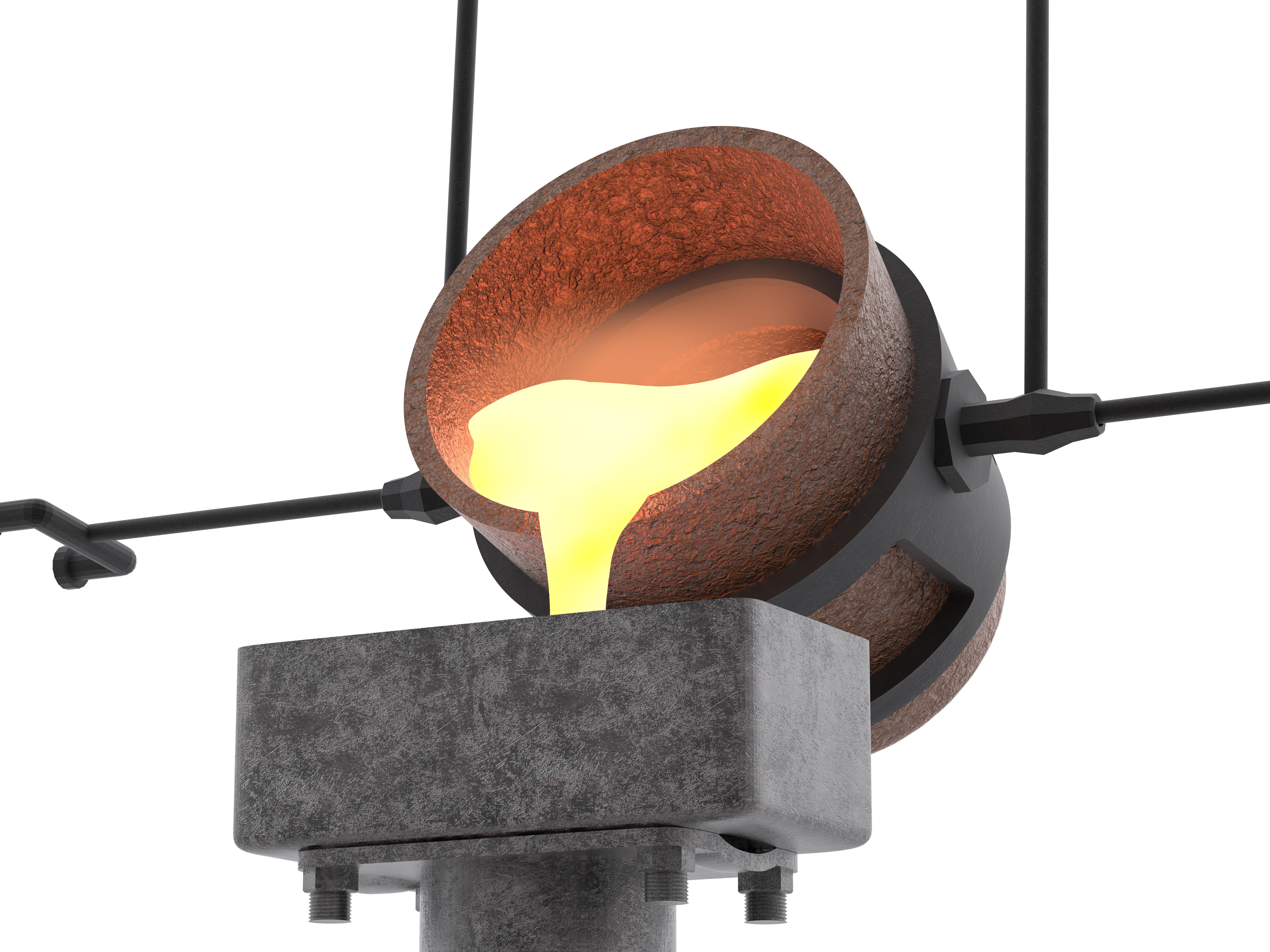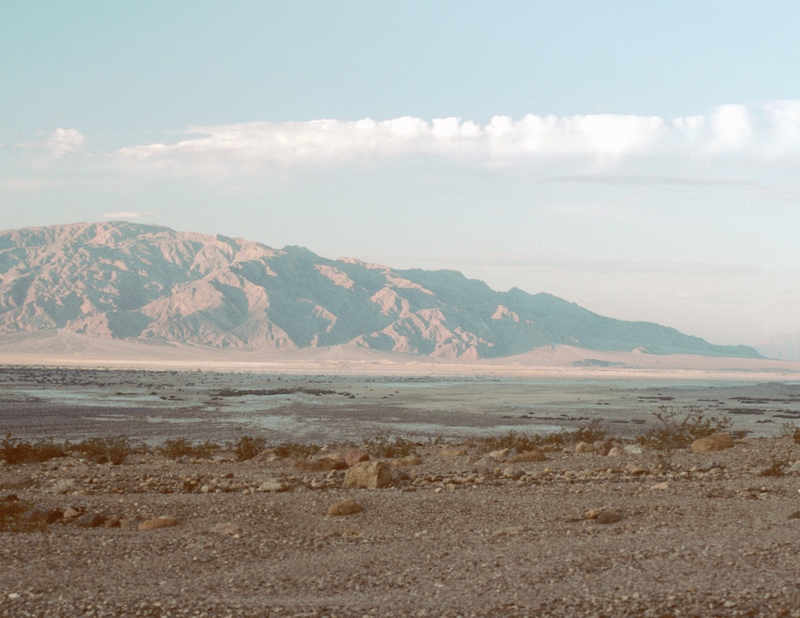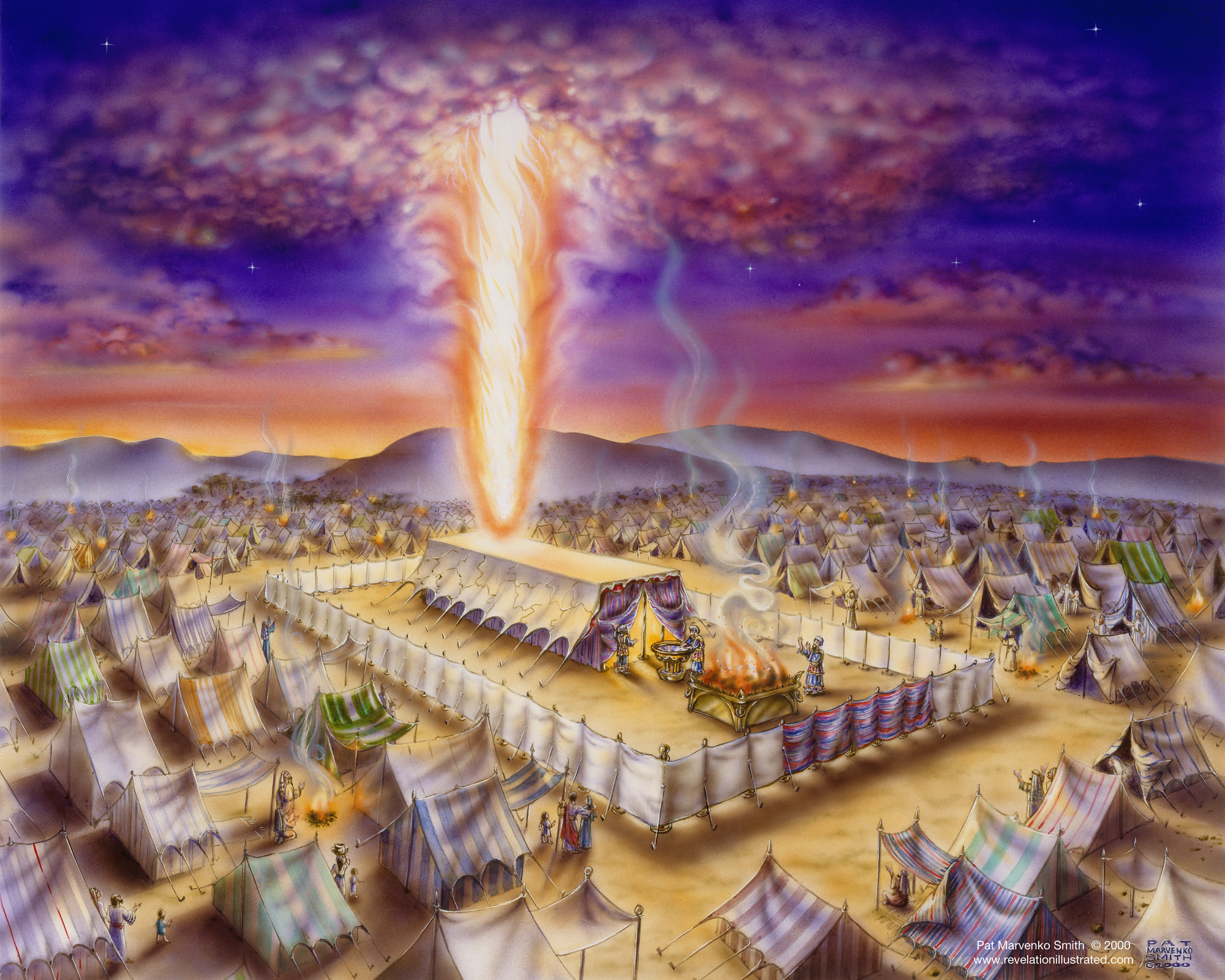Deuteronomy 8:2–3, 6ff, YHVH afflicted/humbled you. Does the concept of YHVH afflicting his people bother you? Perhaps he will do this to us if and when we need it. The word afflict/anah (Strong’s H6031) literally means “to become low, depressed, put down or stoop.” (Note some other places where anah is used: Pss 55:19; 88:7; 90:15; 119:71, 75.) Scripture says that Israel exited Egypt with “a high hand/upraised arm” (Exod 14:8 and Num 33:3). The word high/upraised can connote haughtiness or arrogance, or it can mean that the children left Egypt triumphantly and in jubilation waving banners (The ArtScroll Stone Edition Chumash, p. 369). What do you think? Did they leave Egypt in a spirit of contrition or arrogance? If the latter, then perhaps, in YHVH’s eyes, they need some humbling.
Are we any different? Do we need to be humbled? Down through the ages, YHVH has allowed his servants to suffer, but it was for their spiritual growth and benefit. What did Paul say about his thorn in the flesh? (See 2 Cor 12:7.) Why did Job experience what he did? (Read Job 42.) The process of humbling us so that we might have a higher view of YHVH, and a lower view of ourselves is not a bad thing! When we become contrite and humble before YHVH and more dependent on him, the blessings, power, anointing and provision of YHVH are able to flow into our lives more readily.
How has YHVH been trying to humble your flesh that he might bring you to a deeper level spiritually? The ArtScroll Chumash comments, “It is true that Elohim subjected the people to some hardships in the wilderness, but even that was for their good; just as a father may chastise his child to prepare him for the future” (p. 983). Consider this issue in light of the sufferings of YHVH’s servants while they were faithfully awaiting their spiritual inheritance as recorded in Hebrews 11. (Compare this with Jas 1:12–17 and 1 Cor 3:13.) Also consider the two types of judgments of YHVH as recorded in Scripture: his judgments unto repentance and his judgments unto death. What are some examples of each? If YHVH’s saints stay close to him spiritually, they won’t have to go through the latter type of judgment. (Examples: Noah and the flood; Lot and Sodom and Gomorrah; the Israelites in the plagues on Egypt; the saints and the tribulation, the great tribulation versus the wrath of Elohim periods at the end of the age [these are three separate time periods or events]; see also Heb 12:3–11).




